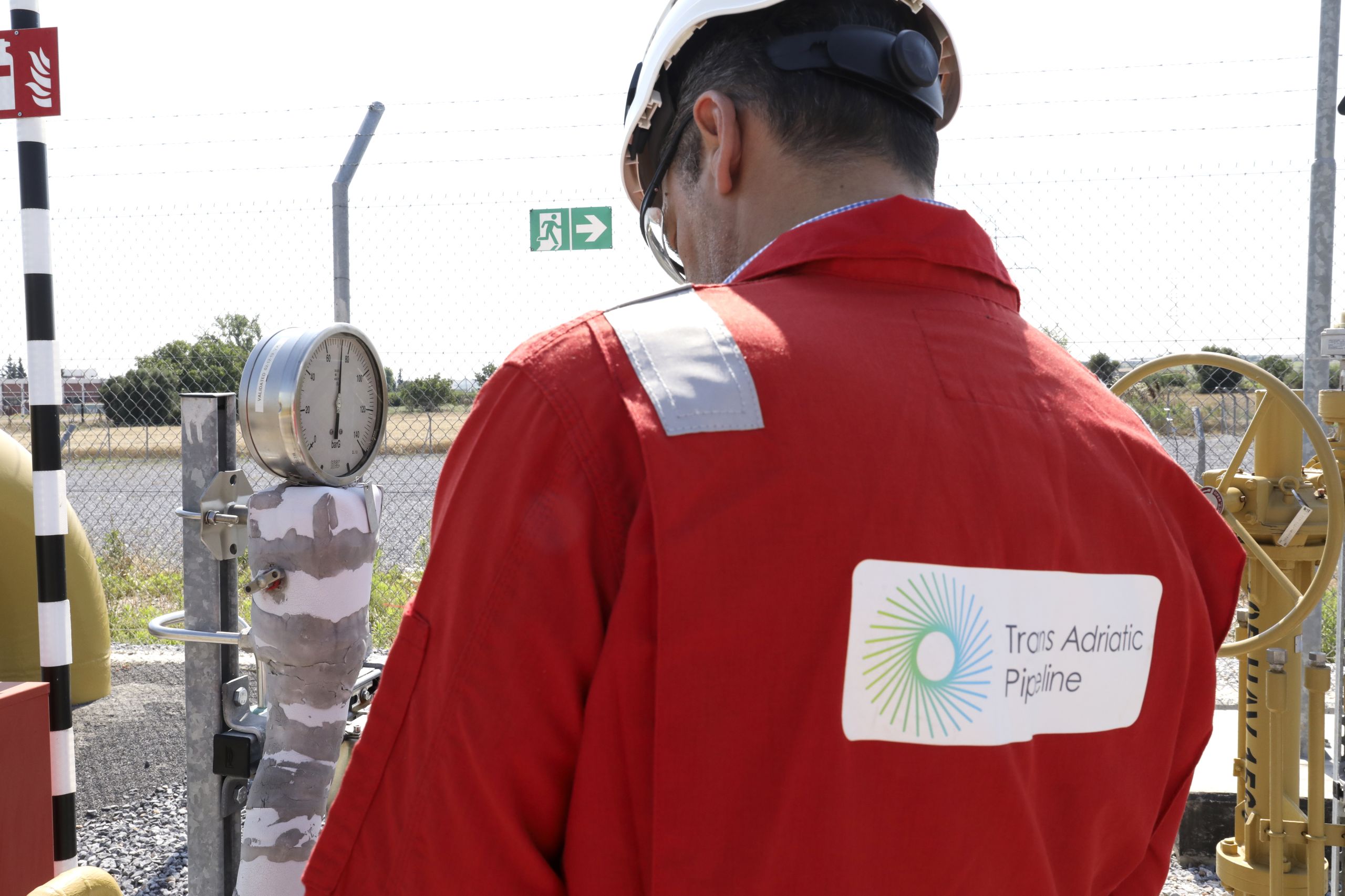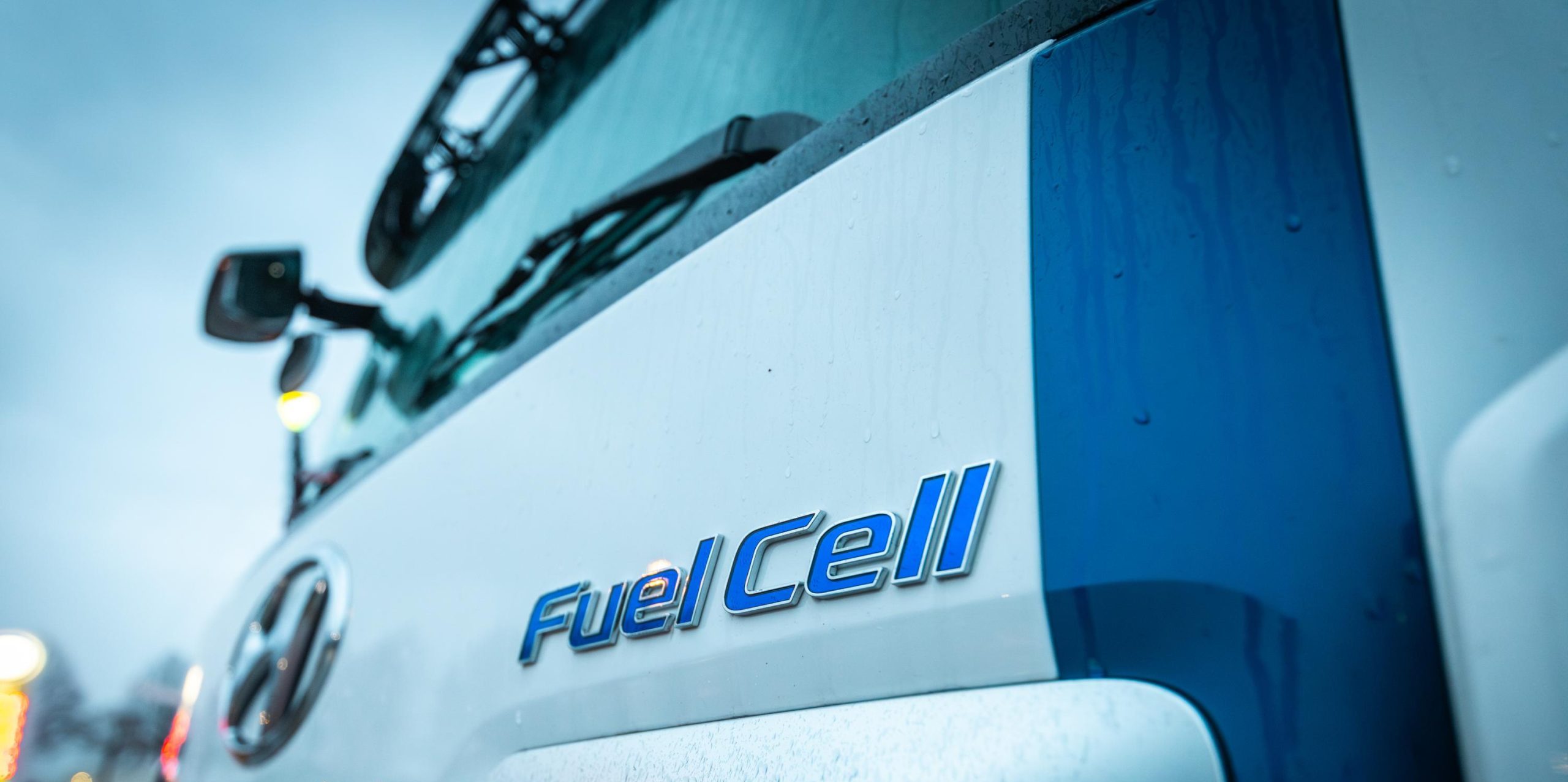Trans Adriatic Pipeline selects Penspen for hydrogen blending assessment

Project supports TAP’s ambitions of hydrogen capacity expansion alongside aligning with goals of European decarbonisation.
International energy consultancy firm Penspen has been awarded a contract by European pipeline operator Trans Adriatic Pipeline AG (TAP) to provide hydrogen gap analysis services.
Under the contract, Penspen’s UK-based engineering team is expected to perform a comprehensive desktop and field assessment review of TAP’s above ground installations, block valves, and compressor stations.
This will gauge the feasibility of introducing hydrogen blends to the existing gas pipeline, supporting TAP’s capacity expansion for new volumes of hydrogen and other renewable gases.
Darren Bartlett, Energy Transition Director at Penspen, said: “By assessing the suitability of existing infrastructure, like the TAP pipeline, for hydrogen blends, we continue to support the delivery of cleaner energy to the communities we work in.”
Last month Penspen, a subsidiary of Dubai-headquartered engineering company Sidara, announced it was supporting Latvian gas operator Conexus Baltic Grid with hydrogen blend feasibility and integrity services for its existing natural gas pipeline network.
Boosting Europe’s energy security
Operational since the end of 2020, TAP is slated as one of the most strategic energy infrastructure projects in Europe, forming a key component of the Southern Gas Corridor.
Luca Schieppati, TAP’s Managing Director, added: “TAP has the potential to become a significant contributor to Europe’s goal of achieving climate neutrality.”
Transporting natural gas from the BP-operated Shah Deniz field in Azerbaijan, TAP extends across 877km – beginning at the Greek-Turkish border and ending in southern Italy – contributing to Europe’s energy security and supply diversification.
Angus Reid, Project Manager for the TAP project at Penspen, said: “We are delighted to be able to support another major international operator in meeting their energy transition goals.”
“Supporting the introduction of hydrogen into a major pipeline will promote hydrogen generation projects in south-eastern Europe, as well as a multitude of hydrogen use opportunities.”
According to a 2023 report by the European Hydrogen Observatory, total hydrogen demand for Europe over the coming decades is predicted to increase, with projections showing a 127% surge from 2030 to 2040, followed by a substantial 63% increase from 2040 to 2050.
These figures are promising for the development of the hydrogen economy, as the EU pushes towards its 2050 Net Zero target.

